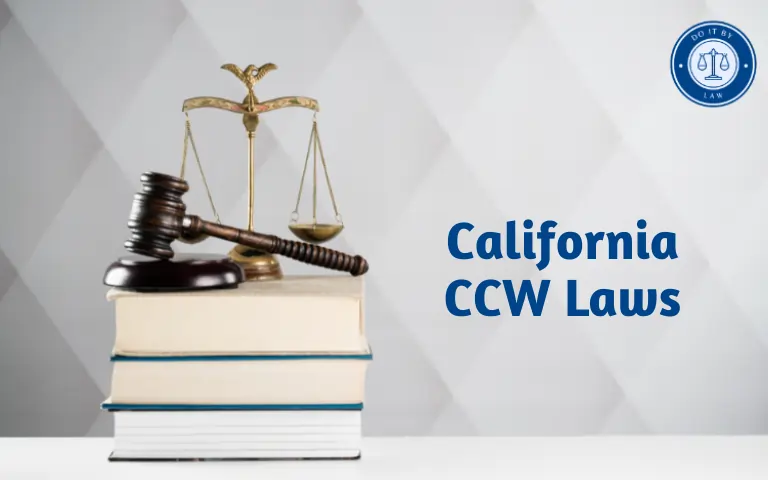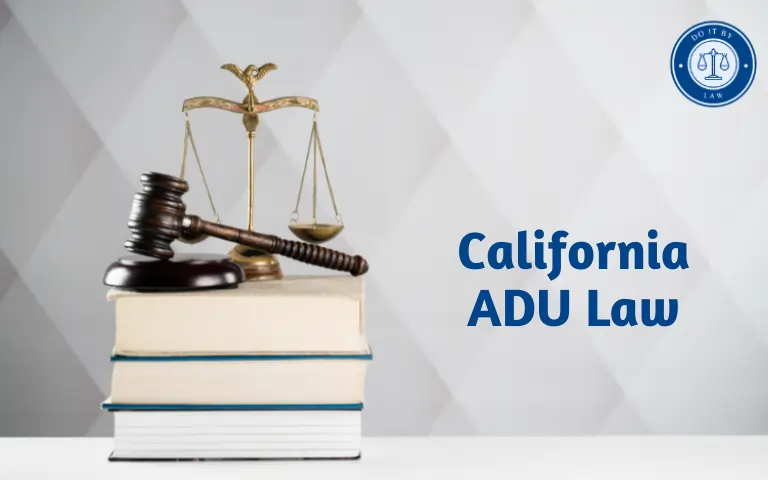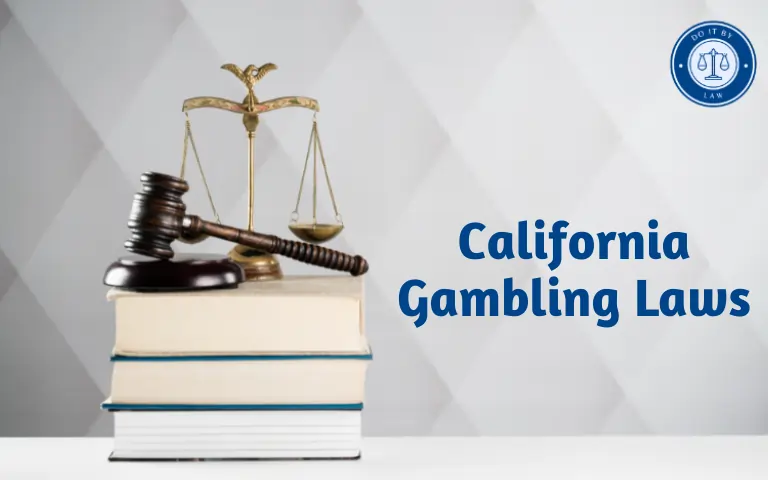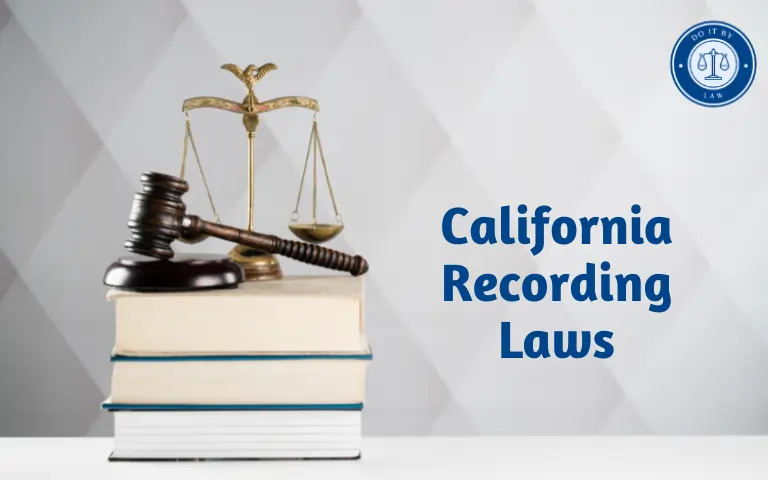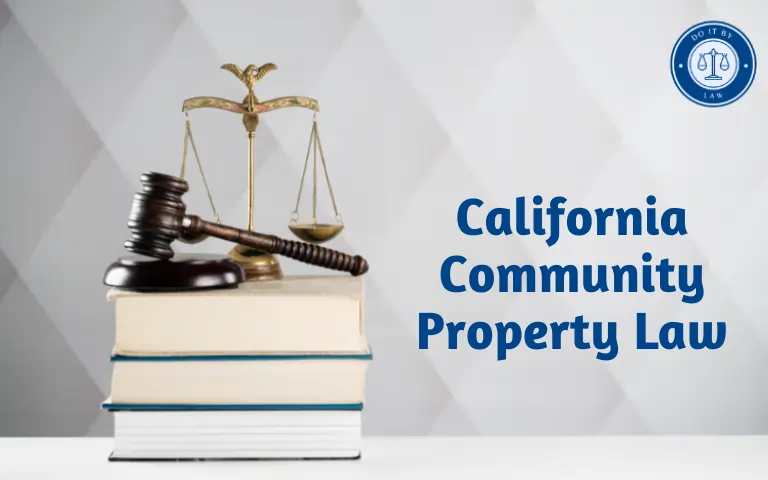California CCW Laws: What You Need To Know
California CCW Laws governing concealed carry weapons (CCW) permits within its jurisdiction. Rules limit who qualifies, where firearms may be transported, acceptable justifications, and mandatory training. Oversight underwent recent litigation and proposals possibly easing requirements. This article summarizes key aspects of California CCW legislation.
Background on California CCW Restrictions
Unlike licensure simply involving background checks and safety courses in other states, California counties have discretion over CCW issuance based on proof of clear need. After a 2019 Supreme Court ruling found “good cause” interpretations overly narrow, many areas still restrict permits viewing public carry as an extraordinary privilege.
CCW rules intend to balance 2nd Amendment individual self-defense rights against research suggesting introductions of firearms into public spaces correlate with increasing violence and homicide rates.
Who California CCW Laws Apply To
All individuals seeking to carry concealed weapons within California State must obtain a CCW permit beforehand unless qualifying for occupational status exemptions as peace officers, military personnel, hunters, or private security guards. Visitors cannot reciprocally use other states’ permits without a California license.
General public applicants face strict qualifications and restrictions on where firearms may be transported under approved CCW authorizations.
Key Provisions: Requirements & Limits
Eligibility
- Passed background check, completed coursework, and demonstrated clear need for self-protection distinguishable from general desire
- Counties have discretion in judging necessity balancing applicant justification against public interests
Application Materials
- Good cause statements
- Arrest reports & proof of acquittals
- 3 character references
- Completion certificates: Firearm safety/handling course, CCW course
Mandatory In-Person Interview
- Explain unique, distinguishable risk circumstances
Restricted Firearms Transport Locations
- Cannot carry concealed weapons into any school grounds, state or federal buildings, secure airport areas, or anywhere prohibited by federal laws
- Various business locations commonly post no firearms allowed signage
Penalties for Violating California CCW Laws
Carrying concealed firearms without a valid California CCW permit in restricted locations or violating permit authorizations risks:
- Misdemeanor offenses: Fines up to $1,000 and/or jail time up to 1 year
- Weapons confiscation, destruction
- Lifelong CCW issuance ban
Recent Changes and Proposed Legislation
A 2022 Supreme Court appeal forced Los Angeles, San Diego, and Orange counties to moderately relax “good cause” standards after arguments current interpretation impinges 2nd Amendment open carry rights for average citizens concerned over general public safety risks like rising homicide rates.
But most jurisdictions only minimally adjusted standards just enough upholding laws still requiring demonstrable elevated threats compared to ordinary concerns. Processing times however dropped significantly in some areas.
Looking ahead Republican lawmakers plan to propose new bills allowing non-residentreciprocity and eliminating special need requirements. But little chance of passing given California’s current political climate.
California CCW Laws Controversies & Debates
CCW laws stir frequent ethical debates balancing reducing daily firearms access against limiting individuals’ ability to protect themselves when credible threats emerge.
Gun rights advocates argue strict “good cause” prerequisites counter the 2nd amendment spirit premising entitlement to open carry permits without extraordinary justifications. They cite studies showing concealed carry deterring some crimes.
Gun safety groups counter easy concealed carry access drives gun violence, accidents, and suicides using supporting data. Current rules allow distinguishing residents with truly elevated risks.
The core controversies are distilled down to perceived tradeoffs between collective public health and individual civil liberties.
Conclusion & Main Takeaways
California legislated strict, narrow concealed carry weapons licensing policies intending to minimize daily handgun transports compared to shall-issue jurisdictions readily providing permits absent special cause.
But recent Supreme Court appeals forced modest standards relaxation in counties with overly rigid “good cause” interpretations, notably reducing application backlogs and 10-year maximum permit terms.
Looking ahead legal challenges seem unlikely to dramatically overhaul practices without massive political shifts. Continual debate weighing perceived self-defense rights against violence risks will likely persist amidst regular legislative proposals tweaking the current balanced approach.

